"The ONE Thing": Put All Your Eggs in One Basket

Every so often, I begin to question the meaning of my existence. What am I supposed to accomplish in this life? Is there any meaning in just going through the motions at work? What are my true goals?
When our to-do lists are filled with tasks of all sizes, and our dream lists contain everything we want to do—yet we don't know what we truly want to accomplish.
The book "The ONE Thing" presents a completely different perspective: true success doesn't come from doing many things simultaneously, but from finding that "one most important thing" and investing all your energy into it.
Equality is a lie: Doing many things only gives you the chance to mess up more than one thing
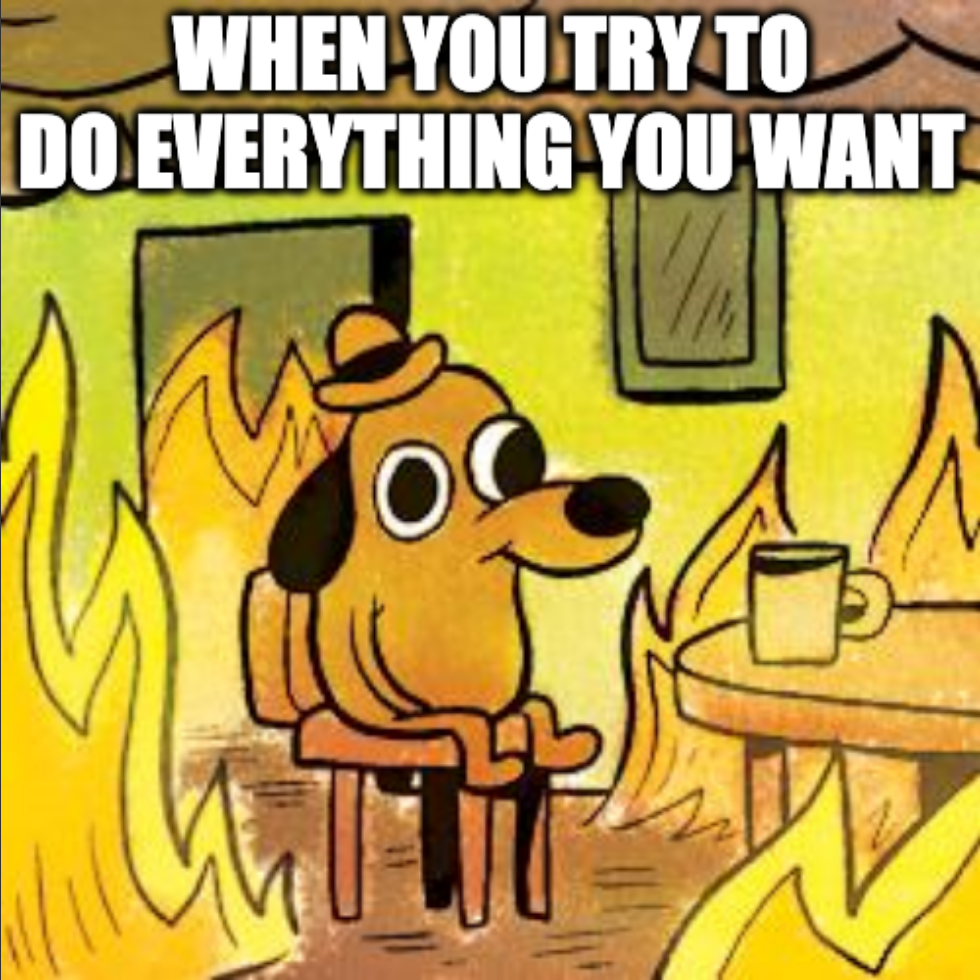
Many things may be important, but only one thing can be most important.
What are you really busy with? Most people go through their daily to-do lists day after day, without knowing which task is most meaningful.
The most important things aren't always the loudest.
High achievers clearly understand priorities and use them to determine work order. Tasks on a to-do list lack successful intent—they're merely survival lists.
So how do we decide which thing is most important?
The 80/20 Rule: Do less, but do it better!
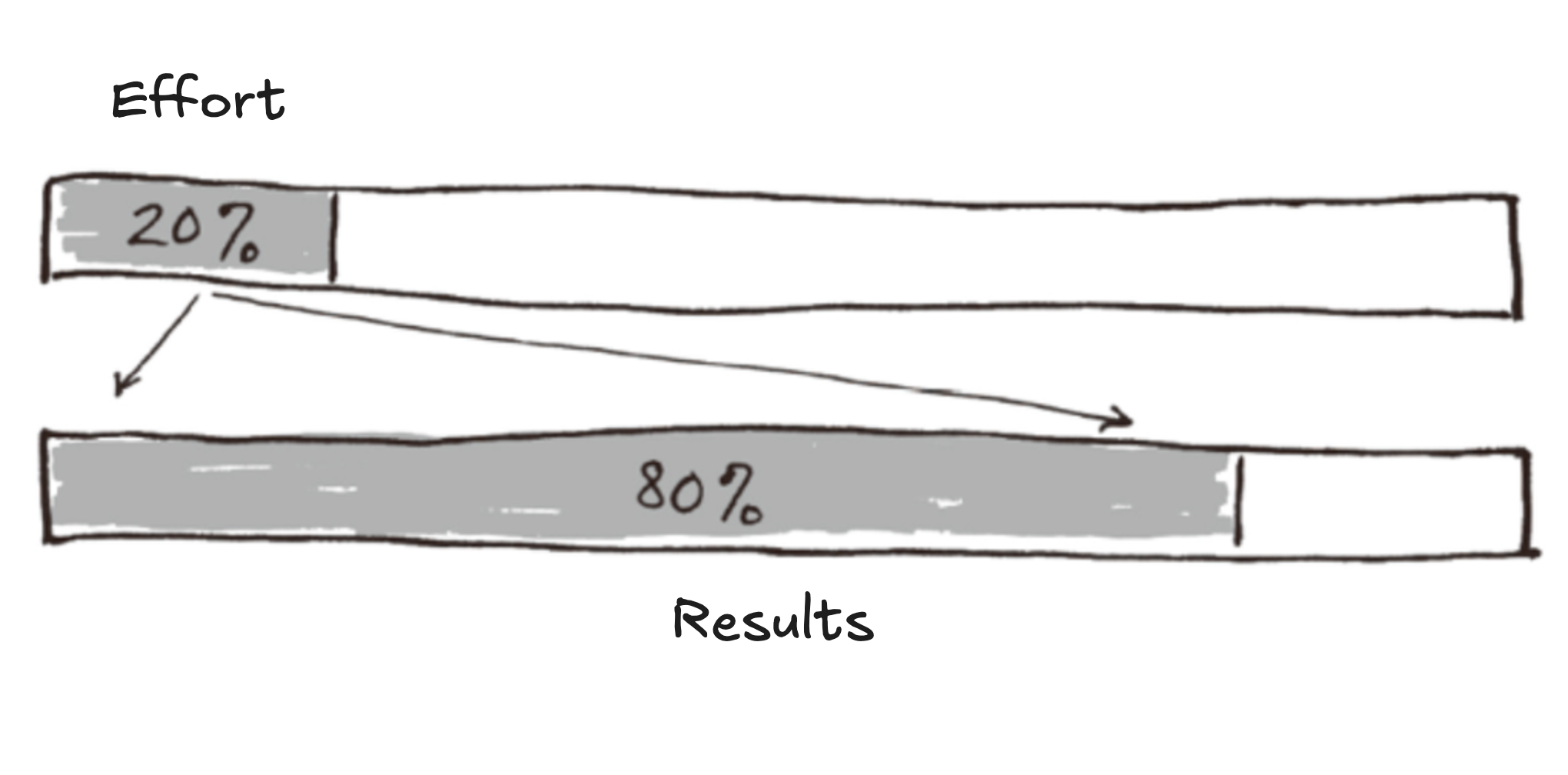
The 80/20 rule states that a small number of causes, inputs, or efforts usually produce the majority of results, outputs, or rewards.
Also known as the "Pareto Principle," the 80/20 rule has been one of the most influential principles in my life.
For example: If a company earns 80% of its profits from a small number of clients, while the majority of other clients require more effort but generate less profit, why not focus on serving the high-profit clients?
This principle describes a phenomenon repeatedly seen in life:
- 80% of success comes from 20% of effort
- 80% of website traffic comes from 20% of pages
- 80% of work problems come from 20% of process defects or problematic employees
- 80% of social satisfaction comes from 20% of core relationships
Don't fixate on the numbers. Once you start applying this principle, your to-do list becomes a success list.
If you can get disproportionate results from one activity, you must give that activity disproportionate time.
From big to small: Focus on what truly matters
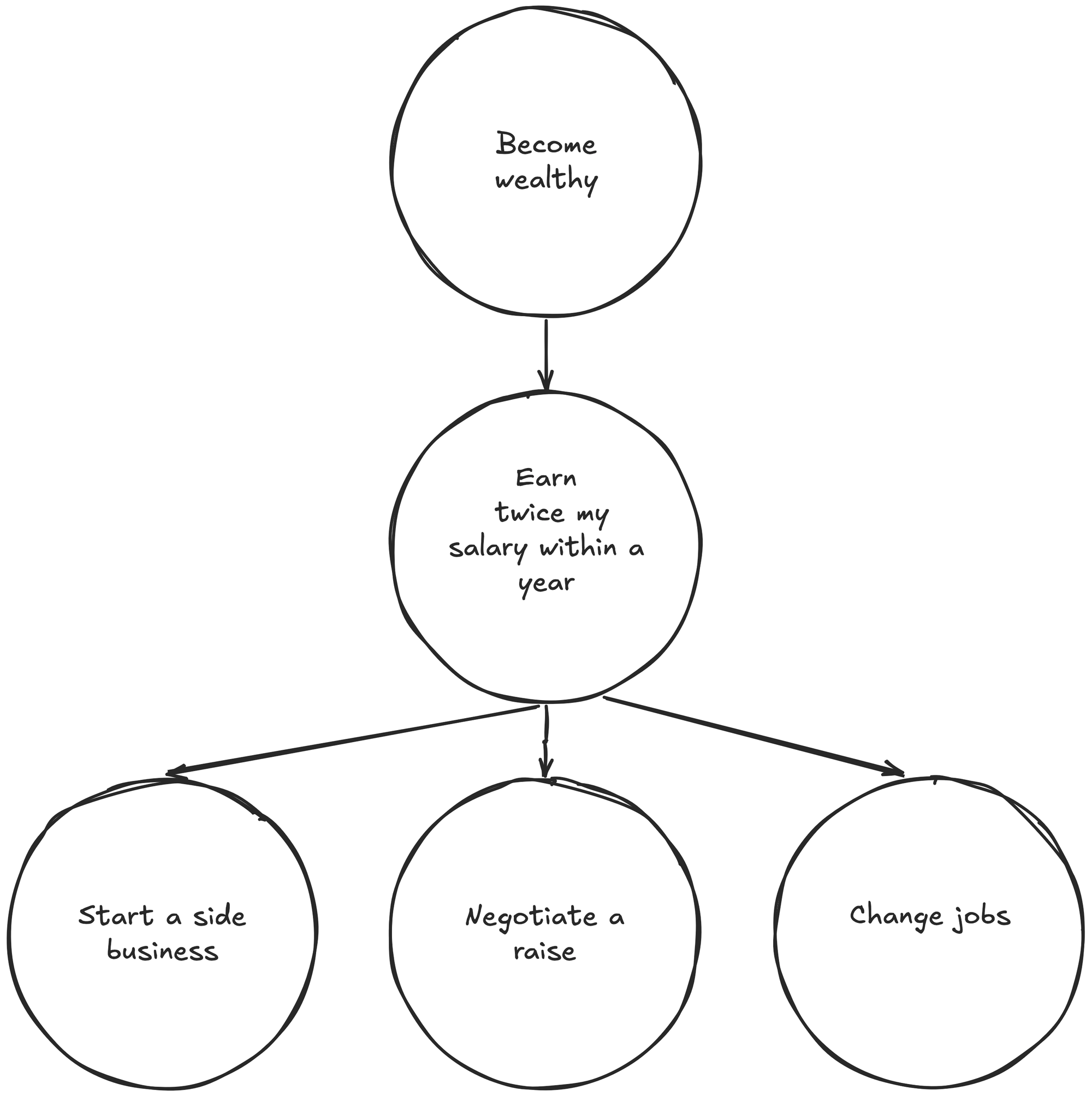
Start planning by working backward from your goals.
I cannot emphasize how important this is, so I'll repeat: start planning by working backward from your goals!
Goal-oriented planning allows you to narrow your vision to the most important things: the goals you want to achieve. Identifying the steps needed along the way clarifies your thinking and eliminates tasks that don't help you reach your goal.
This aligns with concepts mentioned in "Feel-Good Productivity," and I suspect the author may have read that book (it's a classic).
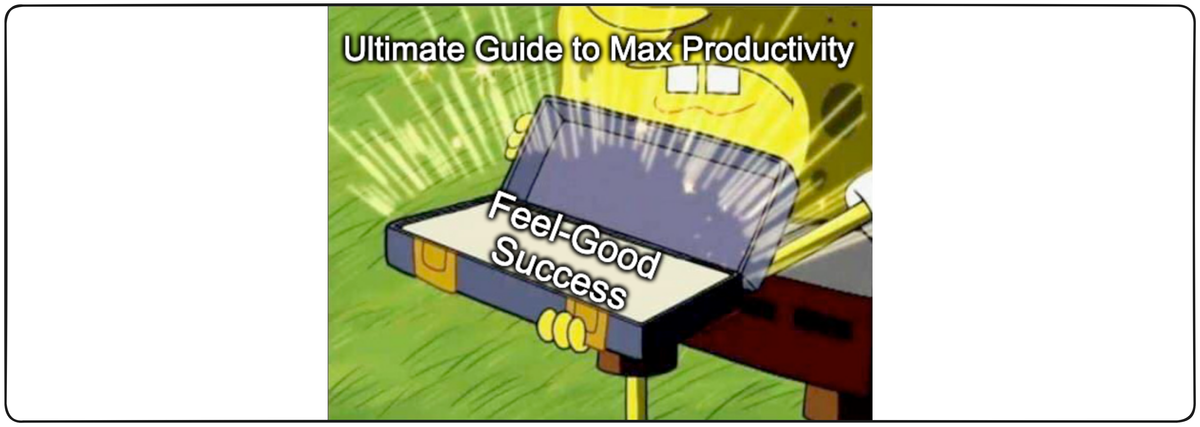
Goal formula: I want to achieve "specific metrics" within "timeframe"
Big, clear questions bring big, clear answers, which is absolutely necessary for achieving big goals.
This is an important formula. For example: "I want to achieve a monthly income of $50,000 through self-employment within one year" is a very specific goal that allows you to truly focus on finding the right methods to take action.
Of course, your goal might initially be abstract like "I want to become wealthy," but you can refine it by asking:
- How much money constitutes wealth?
- How long do I want to take to become wealthy?
Write your goals on paper. Write down your goals and keep them where you can see them regularly.
There's a magical power in writing things down in black and white. So, set goals, write them down. After achieving them, set another goal and write that down too. The magic of consistency will help you progress rapidly.
Start small: The fastest path to your goal
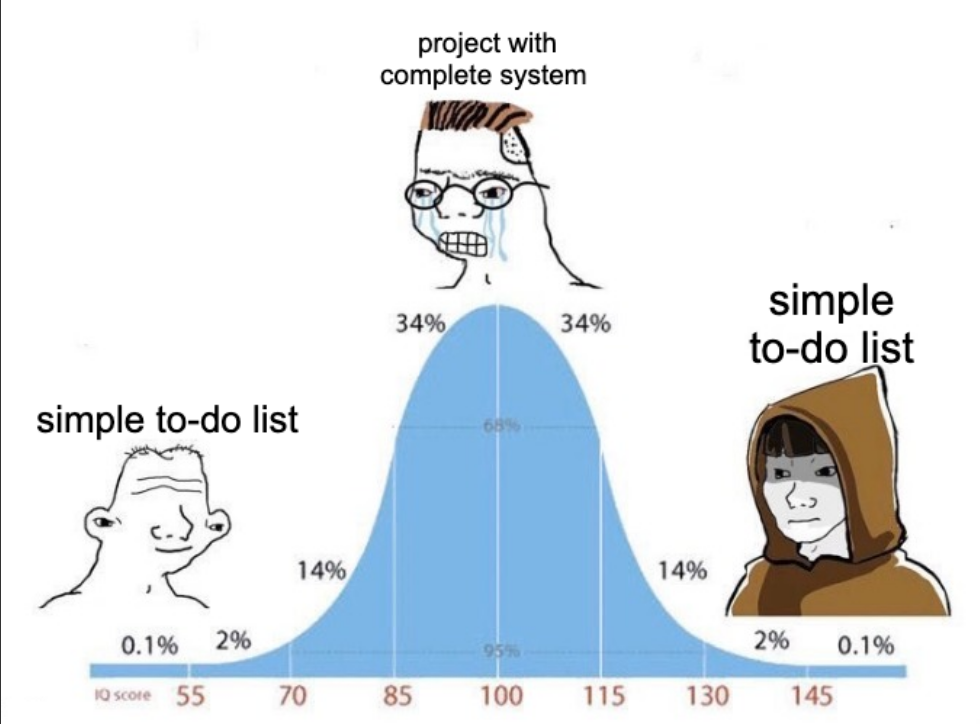
Connecting "what you do" with "what you want" creates extraordinary results depending on how small you can narrow your focus. To get the most out of work and life, the method is to start as small as possible.
The most basic things are often the most important.
Eric Johnson, one of history's most outstanding guitarists, said:
"If I could only do one thing, I should practice scales."
I also vaguely remember a teacher telling me that legendary Hip-hop dancer Henry Link never actually "practiced" dance; all his dance skills came from parties. This makes sense because the most important thing in street dance is to "have fun"—that's where creativity comes from.
Specific goals + well-broken-down small tasks = success
When you break down manageable small tasks and keep your eyes on the goal, nothing can stop you.
Financial freedom? First know what you want
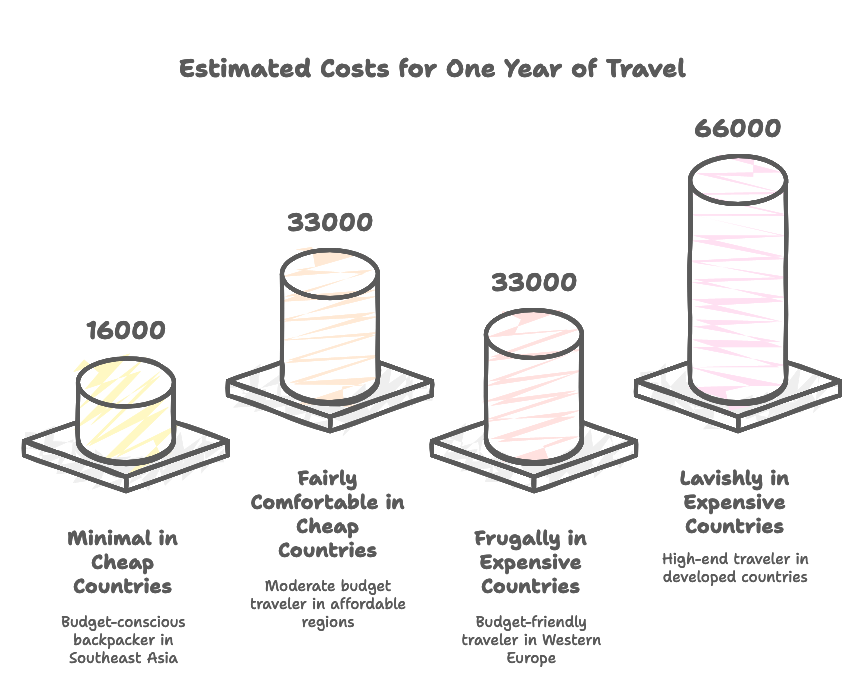
To become financially wealthy, you must have a purpose in life; in other words, without purpose, you'll never know when you have enough money, and you'll never be financially wealthy.
We often fantasize about "financial freedom"—living in mansions, driving sports cars, and spending without limits. But desire is a bottomless pit. If you don't know what you really want, how can you earn that money?
For me, having abundant time is more valuable than actual monetary wealth. If I can have sufficient time to learn and experience things without worrying about life's pressures, that's my condition for financial freedom.
Traveling around the world only requires USD $33,000. Do your life goals really need that much wealth?

Think carefully: if your ultimate goal is to travel the world, do you really need $100 million to do it? Do you really need to work tirelessly every day and wait until retirement to pursue your goal? Of course not.
The most irresponsible thing you can do to yourself is to work hard without thinking about the meaning of your work and life.
Often dreams aren't as distant as we imagine. First identify your goal, then decide how to achieve it.
Work is just a rubber ball—even if you don't catch it, it will bounce back. Family, health, friends, and integrity are glass balls.
Conclusion: Set your goal, start small, and take action
The secret to success is taking action. The secret to taking action is breaking down overwhelmingly complex tasks into manageable small tasks, then starting with the first one.
Ask yourself what makes you get up in the morning and keeps you going when you feel tired and weak?
If you have an answer, congratulations, you've found your goal. Describe your goal with clear metrics, write it on paper, and post it in the most visible place near you.
Based on my goal:
- What can I do in the next five years?
- Based on my five-year goal, what can I do this year?
- Based on my yearly goal, what can I do this month?
- Based on my monthly goal, what can I do this week?
- Based on my weekly goal, what can I do today?
- Based on my daily goal, what can I do right now?
If you don't have an answer, don't worry—go experience things! Engage with various new things, face challenges from all directions, and most importantly, take action. If you want to find answers, you won't find them sitting at your desk.
Remember, every great achievement begins with a simple decision: start acting now.
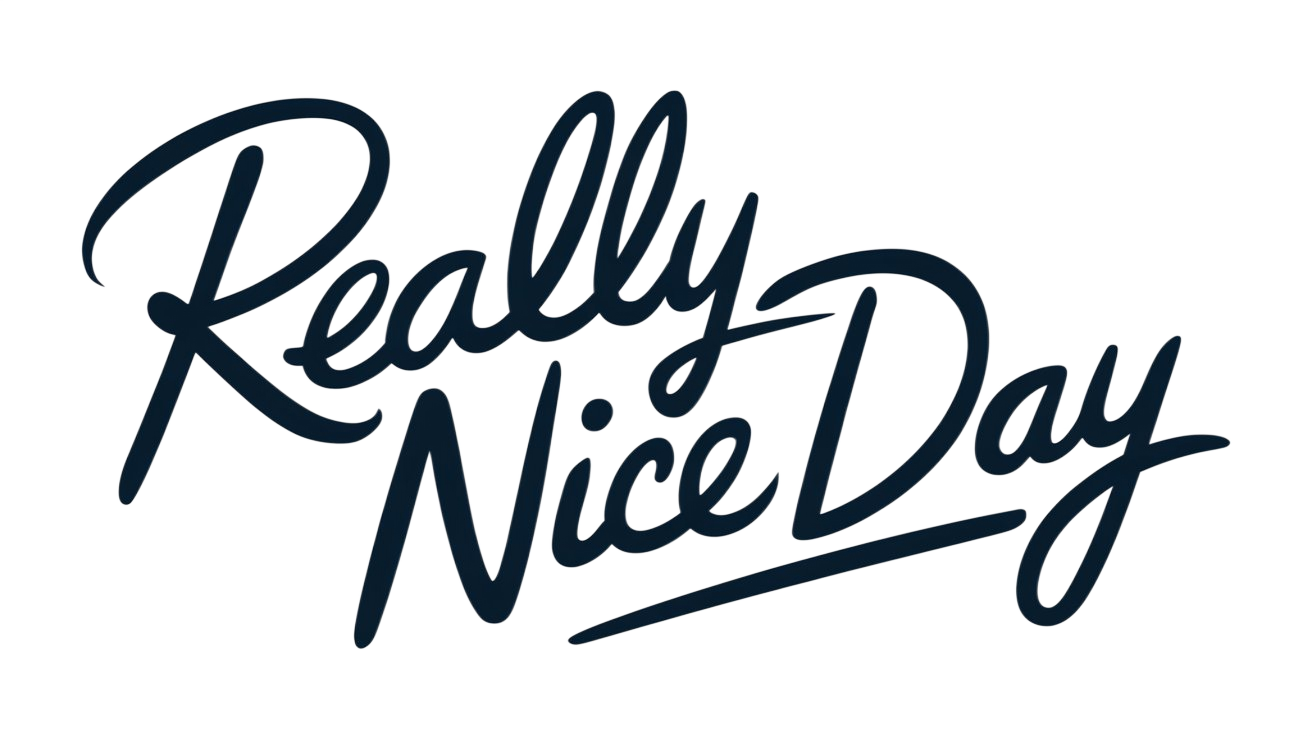


Member discussion